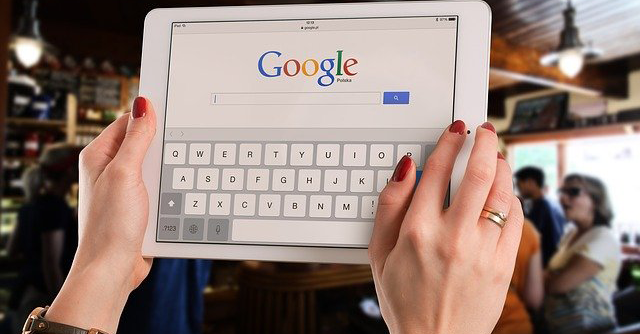
EU’s upcoming rules to reign big tech will make messaging apps interoperable


Lawmakers in the European Union have agreed to new rules to curb the market dominance of big tech companies that provide core platform services such as social media networks, search engines, or browsers. Core among them is the decision to open up large messaging services such as WhatsApp, Facebook Messenger, and iMessage and make them interoperable with smaller messaging platforms, if they request.
This means that users of small messaging platforms will be able to interact, send messages and call users on large messaging platforms without necessarily having to switch to them. Though Meta now allows users to send direct messages from Messenger to Instagram, making them interoperable with other messaging apps will allow users to choose apps they like without having to worry about being left out of conversations on bigger apps.
On Thursday evening, the EU parliament passed a Digital Markets Act (DMA) that will prohibit certain practices that are employed by big tech companies that have acquired the gatekeeper status due to their dominant position in different online markets. Companies with at least 45 million monthly individual users in the EU and 10,000 annual business users will be classified as gatekeepers, according to the new rules.

The new rules will specifically target companies with a market capitalization of at least € 75 billion or an annual turnover of €7.5 billion, the European Parliament said in a statement. It will also provide more power to the European Commission to investigate and slap heavy penalties in case of non-compliance.
If the big tech companies failed to comply, they will be slapped with fines of up to 10% of global annual turnover. It can go up to 20% for repeat violations. This would be unprecedented as even under GDPR, violators are fined 4% of global annual turnover.
"The agreement ushers in a new era of tech regulation worldwide. The Digital Markets Act puts an end to the ever-increasing dominance of Big Tech companies. From now on, they must show that they also allow for fair competition on the internet," Andreas Schwab, member of the European Parliament’s Internal Market and Consumer Protection Committee said in a statement.

In addition to making the messaging platform interoperable, the members of parliament during the eight-hour session also decided that personal data will be allowed for targeted advertising only after explicit consent has been provided by the user to the gatekeeper. They also agreed to provide users more freedom to freely choose their search engines, browsers, and virtual assistants.
Though the statement doesn’t elaborate on this aspect, it can mean that providers of these services and platforms may have to provide users the choices to switch to other options from the beginning. For instance, if a user opens a chrome browser, they should be asked if they want to switch to other search engines such as DuckDuck Go or Bing search engine instead of using the default Google search engine.
Though Google is considered one of the best search engines, it controls 92.1% of the search engine market across platforms. Similarly, the Chrome browser with 62.78% and Safari with 19.3% market share are two of the leading browsers, as per Statcounter. Critics have alleged that Google and Apple have leveraged their ecosystem of devices to offer these apps by default.

According to the European Parliament, after the legal text of the act is finalised it will be approved by both Parliament and Council. It will come into force after 20 days of its publication in the EU Official Journal. The rules will be applied to tech companies six months after it.
